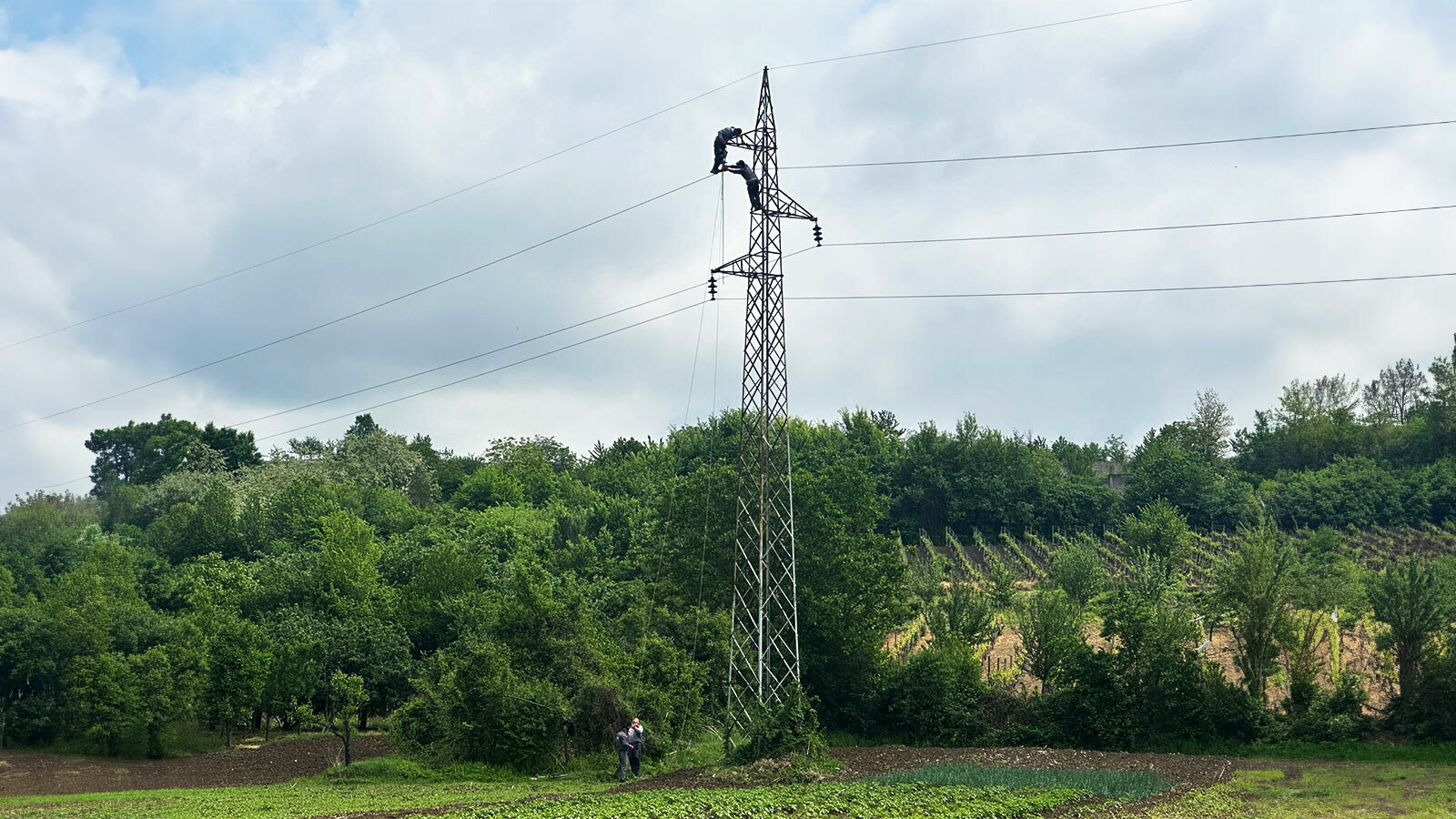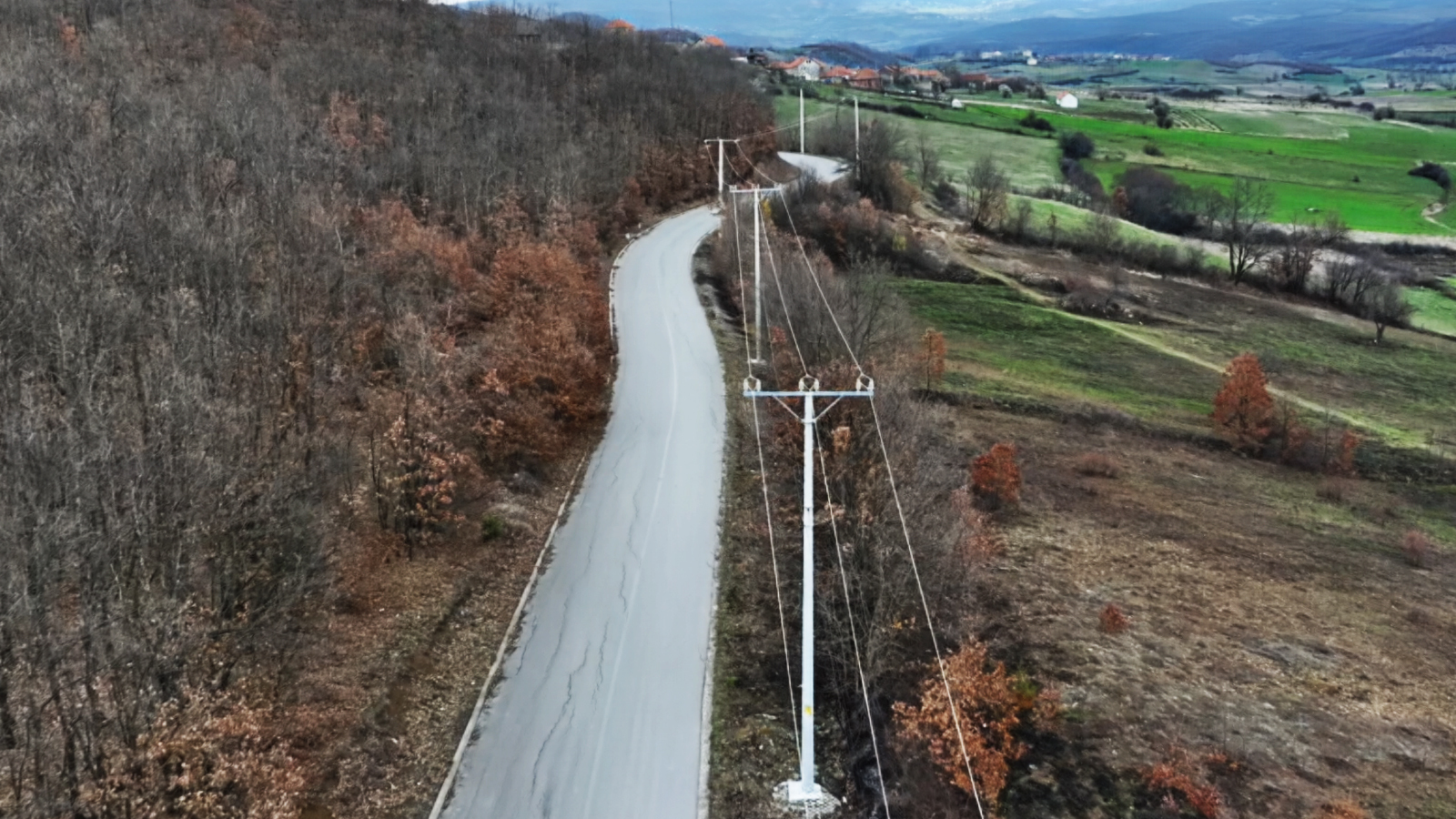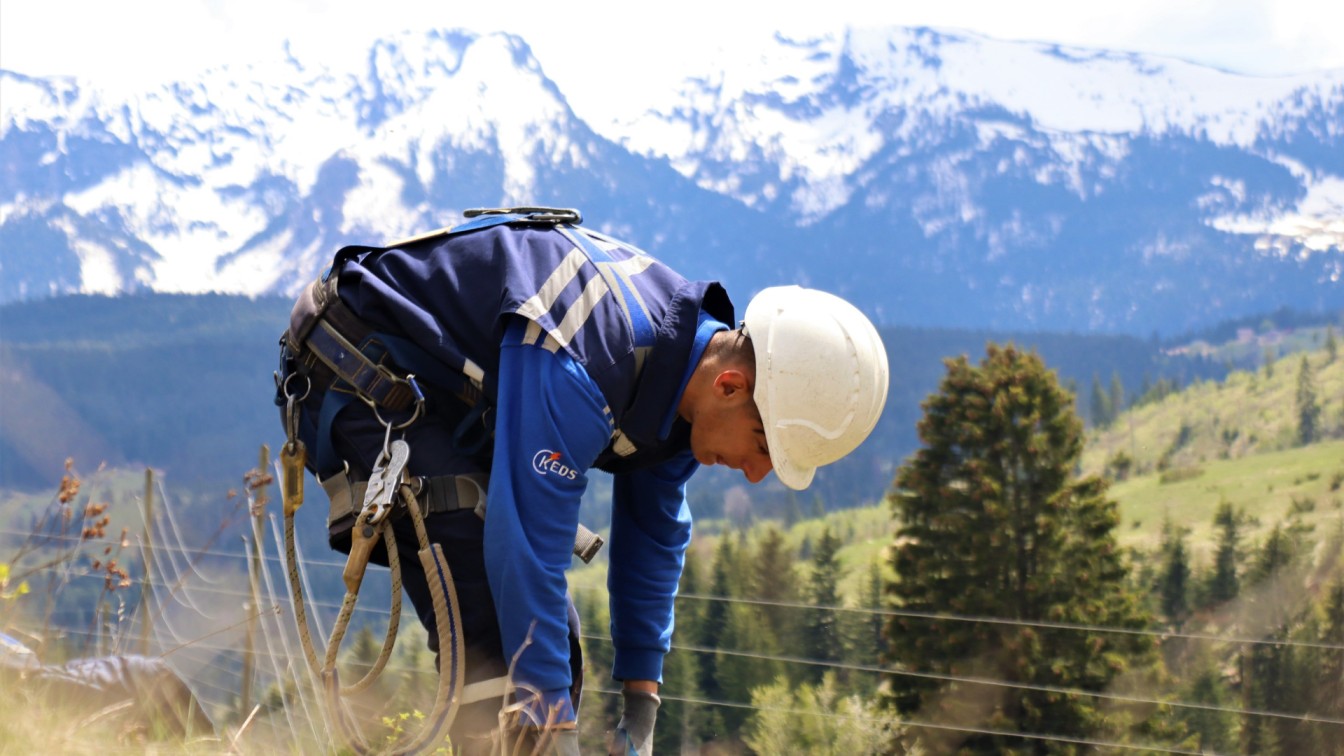 January 12, 2022
January 12, 2022
Kosovo's transformation - cities without electricity cables
Centuries ago one of the most developed trade centers began to be built in the Balkans. Exactly where once the genesis of the city's economic development had taken the greatest momentum ever. A city of crafts that served the villages and remote areas where history has flourished today. In the western part of Kosovo, in the historic city of Gjakova, even after all this time, the streets started to open again. Not to trace archaeological facts, but to enable the beginning. of a transformation that the city of Gjakova would experience.
Just two years after taking over the distribution of energy, KEDS launched one of the most important projects in the electricity network in that area. The complete transformation of the city center, once known as the Grand Bazaar or the Old Bazaar, had begun to take shape.
What had not been done for years and decades, was being done by the Electricity Distribution Company. The entire electricity grid was being laid underground to make room for the creativity of the entrepreneurs operating there, to turn that part of the city into a warm environment for anyone who would pass by. Small wooden shops and architecture dating back to the 16th century, if not earlier, were already emerging again. The architectural originality of that historic part of the city had already begun to take on its own colors.
The old wooden poles that almost touched the roofs of the ancient buildings and the cables hanging on top of each other that made all that history look ugly and put in front of the eyes of the tourists, were once and for all being removed, not to be seen again. In preserving the antiquity of that historical part of Gjakova, KEDS had taken care in detail that even the electricity boxes which would be placed were adapted to the look of the protected historical area, by being colored and wrapped with elements that resembled wood, in order so everything would be in harmony with each other.
KEDS commitment to transform the state of the electricity grid in Kosovo had already begun. The first steps were taken towards a journey, which would leave traces in almost every city. It has been waiting for years and today it is becoming a reality. The implementation of these projects would greatly delight the residents, who once considered it a mission that would never be realized.
Dukagjin Boshnjaku, who has been doing business in the center of Gjakova for years, says that such a project has restored the deserved appearance of that historic area. "The laying of the underground network, in addition to the security for us who live and work in this part of the city, is also returning the deserved appearance to the Bazaar. The former architecture is being highlighted and with it the history when it is known that this part was once a center of trade". Already this transformation was affecting every corner of Kosovo, in cities, villages, and neighborhoods. They had begun to take on a different look. With accelerated dynamics of work and maximum dedication, tens and hundreds of teams scattered all over the country were working tirelessly to get the electricity grid underground and with it, hundreds of thousands of poles to be removed finally. Before, these poles were "the evil of the neighborhood." Family members had to constantly accompany their children to school, all because of the danger posed by the old wooden poles. On the other hand, the electric cables that previously hung on these poles, had their time counted until the next storms, as they were bare and every movement, no matter how small, caused contact with each other, thus leaving without energy tens of hundreds of inhabitants of those areas. From Peja to Gjilan and from Prizren to Mitrovica, Kosovo had begun to change and transform into tirelessly to get the electricity grid underground and with it, hundreds of thousands of poles to be removed finally. Before, these poles were "the evil of the neighborhood."
Family members had to constantly accompany their children to school, all because of the danger posed by the old wooden poles. On the other hand, the electric cables that previously hung on these poles had their time counted until the next storms, as they were bare and every movement, no matter how small, caused contact with each other, thus leaving without energy tens of hundreds of inhabitants of those areas. From Peja to Gjilan and from Prizren to Mitrovica, Kosovo had begun to change and transform into cities without cables. These investments, which started years ago, are still strongly supported by the municipalities themselves, who enthusiastically welcomed such initiatives, which are developing more and more every day.
“Among the most important projects that has been implemented in our municipality is the laying the underground network in the city center. Apart from the fact that the appearance of our city has changed for the better, at the same time the security for the citizens has increased. We are grateful that such a project has been implemented in our Municipality as well", says Bali Muharremaj, Mayor of Suhareka.
“Among the most important projects that have been implemented in our municipality is the laying of the underground network in the city center. Apart from the fact that the appearance of our city has changed for the better, at the same time the security for the citizens has increased. We are grateful that such a project has been implemented in our Municipality as well", says Bali Muharremaj, Mayor of Suhareka.


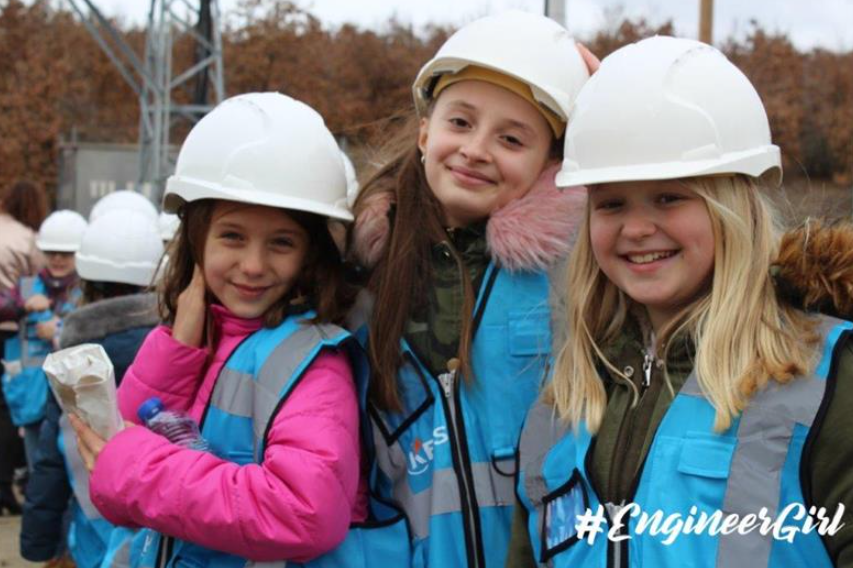
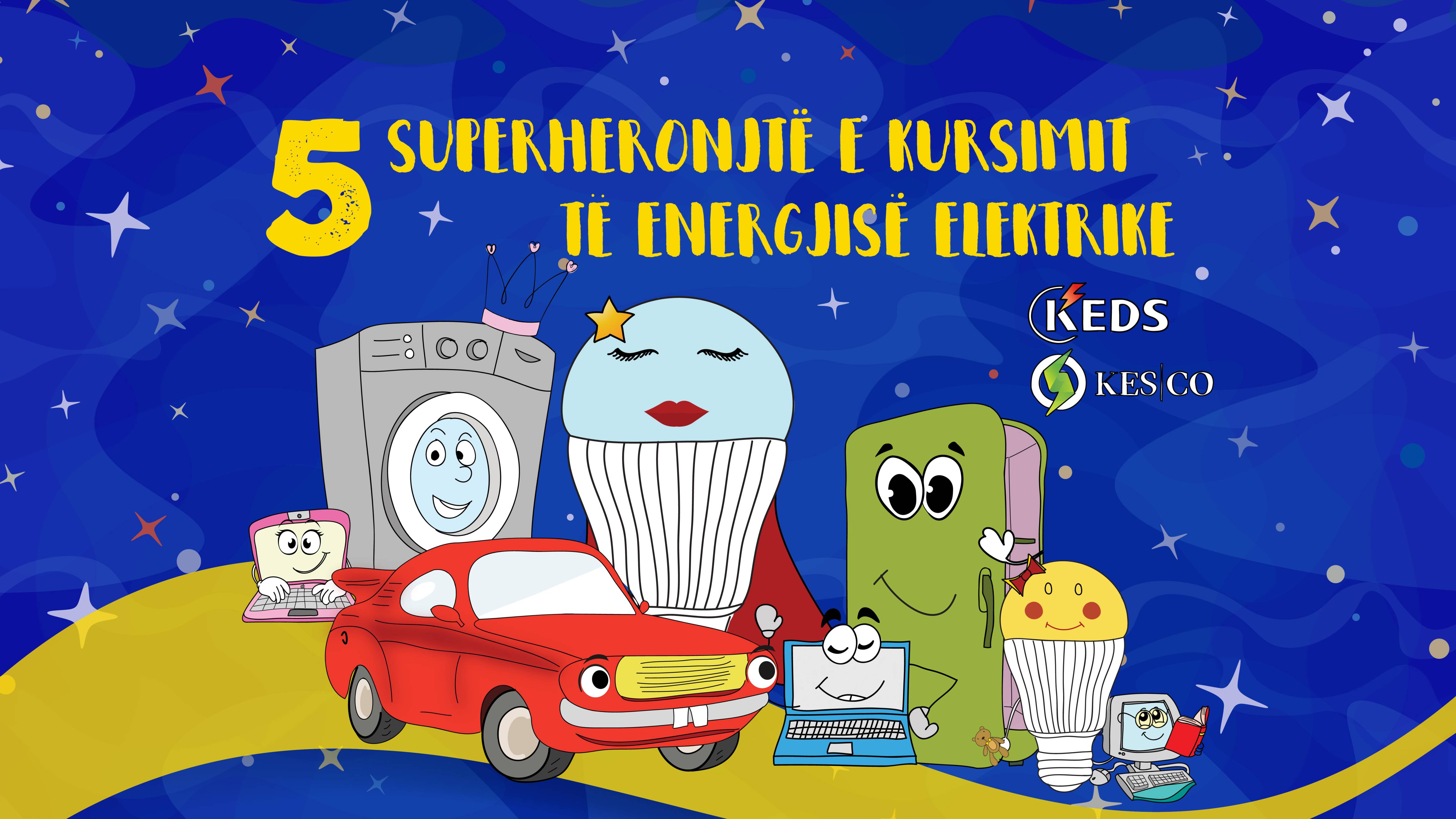
_4W9K4AcuFm.jpg)

